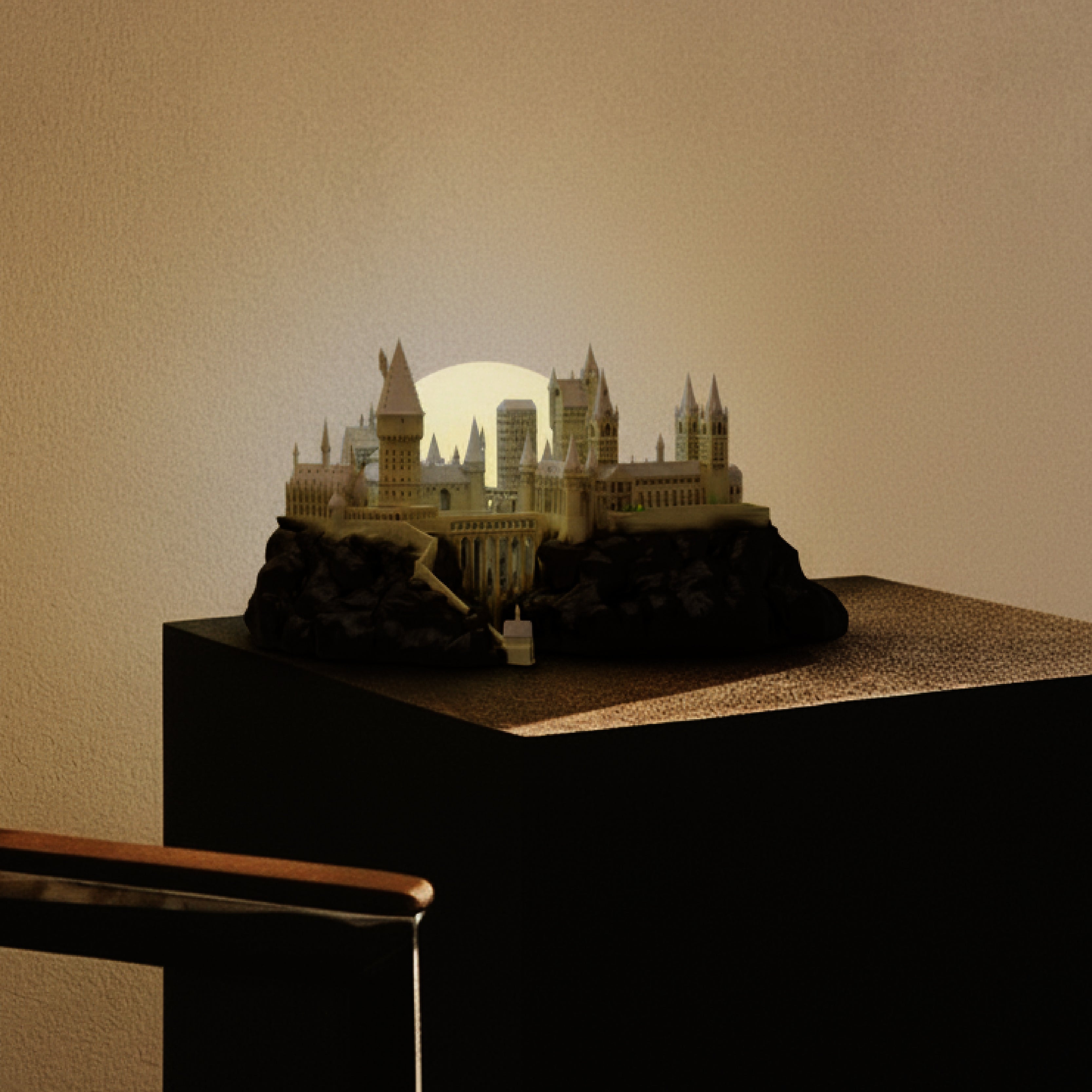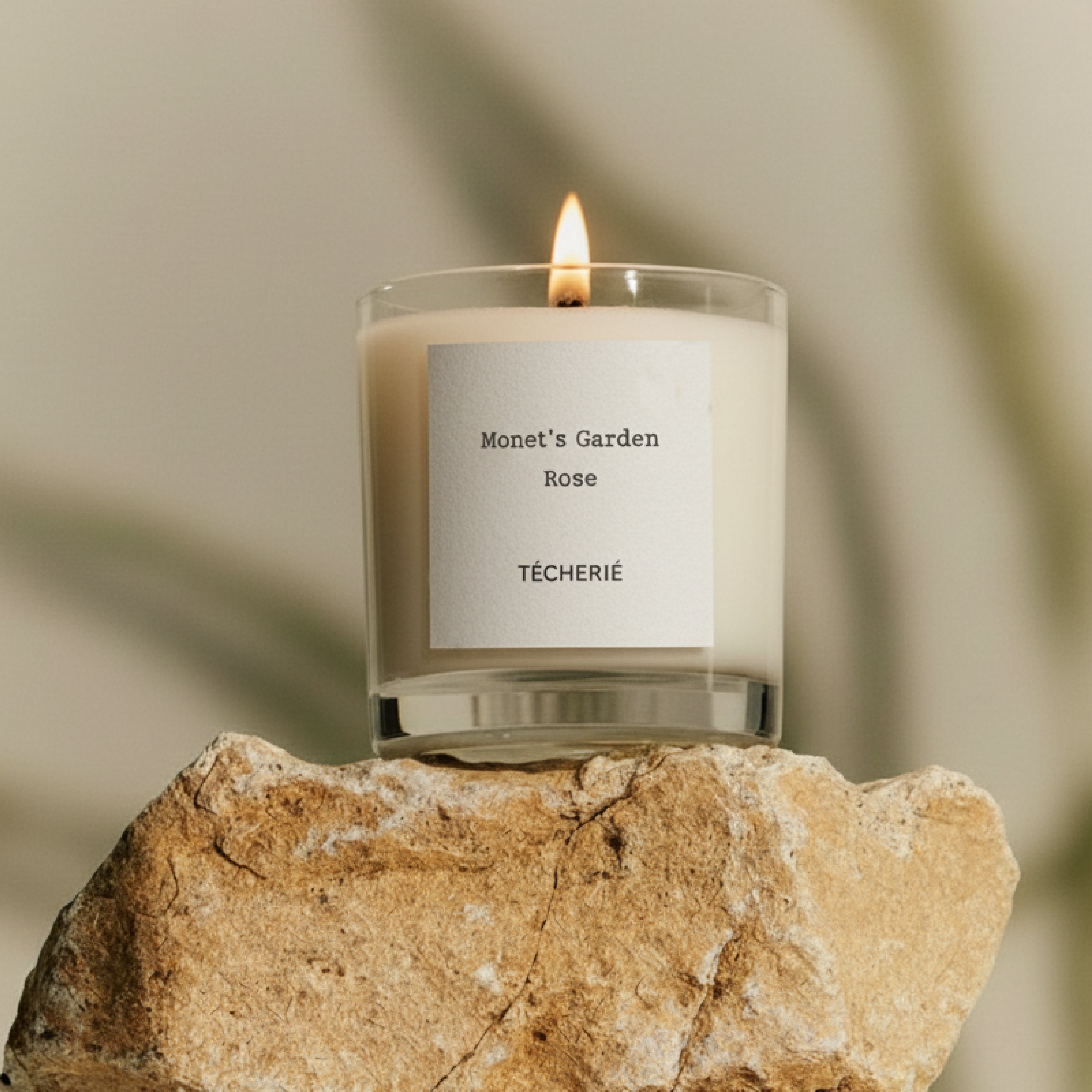
Unlock the Power of Scent: A Beginner's Guide to Essential Oils
In the hustle of modern life, finding a moment of peace and well-being can feel like a luxury. But what if you could tap into the profound power of nature to calm your mind, lift your spirits, and transform your space? Welcome to the world of essential oils, potent plant extracts that offer a natural way to enhance your physical and emotional health.
This is your ultimate guide to getting started. We'll demystify what essential oils are, explore the best ones for beginners, and show you how to safely incorporate them into your daily routine for a more balanced and harmonious life.
What Exactly Are Essential Oils?
Essential oils are highly concentrated aromatic compounds extracted from various parts of a plant, such as the flowers, leaves, bark, roots, or peel.Through processes like steam distillation or cold pressing, the plant's "essence"—its unique scent and therapeutic properties—is captured in a liquid form.
It takes a massive amount of plant material to produce a single bottle of essential oil. For example, about 250 pounds of lavender flowers are needed to make just one pound of lavender essential oil.This concentration is what makes them so powerful.
How do they work?
The most common way to experience essential oils is through aromatherapy. When you inhale an oil's aroma, the scent molecules travel from your olfactory nerves directly to the brain, impacting the limbic system—the part of your brain that controls emotions, memory, and behavior.This is why a simple scent can trigger such a powerful emotional response.
Your First Five Oils: A Beginner's Starter Kit
Stepping into the world of essential oils can be overwhelming with so many options available. Starting with a few versatile oils is the best approach. Here are five foundational oils perfect for any beginner's collection:
-
Lavender (Lavandula angustifolia): Often called the "Swiss army knife" of essential oils, Lavender is a must-have. Its calming floral scent is celebrated for its ability to reduce stress, ease tension, and promote a restful night's sleep.
-
Lemon (Citrus limon): Like sunshine in a bottle, Lemon oil has a bright, uplifting aroma that can boost your mood and energy levels. It's also a great natural cleaner and deodorizer for your home.
-
Peppermint (Mentha piperita): With its sharp, invigorating scent, Peppermint is perfect for moments when you need to focus or re-energize.It can help soothe headaches, ease nausea, and open up airways when you're feeling congested.
-
Tea Tree (Melaleuca alternifolia): Known for its powerful cleansing and purifying properties, Tea Tree oil is a go-to for skin blemishes and for keeping the air in your home fresh and clean.
-
Eucalyptus (Eucalyptus globulus): A staple during cold season, Eucalyptus is fantastic for respiratory support.Inhaling its strong, camphoraceous aroma helps open up nasal passages, allowing you to breathe easier.
How to Safely Use Your Essential Oils
Now that you have your oils, it's time to put them to use. Here are the safest and most effective methods for beginners:
-
Aromatic Use (Diffusion): This is one of the simplest ways to enjoy essential oils.Add 3-10 drops of oil to an ultrasonic diffuser with water to disperse a fine, fragrant mist into the air. This is ideal for setting a mood, freshening a room, or reaping therapeutic benefits through inhalation.
-
Topical Application (On the Skin): Essential oils can be applied to the skin for targeted benefits, but they must be diluted first.Pure essential oils are highly potent and can cause skin irritation if applied directly.
-
How to Dilute: Mix a few drops of essential oil with a carrier oil, which is a neutral, plant-based oil like coconut, jojoba, or sweet almond oil.A safe dilution for beginners is 1-2 drops of essential oil per teaspoon of carrier oil.
-
Where to Apply: Common application spots include the wrists, temples, neck, and bottoms of the feet.
-
-
A Relaxing Bath: Add 5-10 drops of essential oil to a carrier oil or Epsom salts before stirring it into your bathwater. This helps the oil disperse safely instead of pooling on the surface.
Simple Diffuser Blends for Every Mood
Ready to start blending? Try these simple recipes in your diffuser to transform your space.
-
For a Peaceful Night's Sleep:
-
4 drops Lavender
-
3 drops Cedarwood
-
2 drops Bergamot
-
-
For Focus and Concentration:
-
3 drops Peppermint
-
3 drops Rosemary
-
2 drops Lemon
-
-
For an Uplifting Morning:
-
3 drops Sweet Orange
-
3 drops Lemon
-
2 drops Grapefruit
-
Safety First: Essential Rules to Remember
Using essential oils responsibly is key to a positive experience.
-
Never Ingest Oils: Do not take essential oils internally unless under the direct supervision of a qualified medical professional.
-
Dilution is Non-Negotiable: Always dilute essential oils before applying them to your skin to prevent irritation.
-
Avoid Sensitive Areas: Keep oils away from your eyes, ears, and other sensitive areas.
-
Be Mindful of Sun Sensitivity: Citrus oils (like lemon, bergamot, and orange) can make your skin more sensitive to sunlight. Avoid sun exposure on areas where you've applied them topically.
-
Use Caution with Children and Pets: Children are more sensitive to essential oils, so dilutions should be much weaker (0.5-2.5%).Many oils, especially citrus, tea tree, and eucalyptus, can be toxic to pets, particularly cats. Always diffuse in a well-ventilated room that your pet can leave freely.Consult a vet before using oils around pets.
-
Store Oils Safely: Keep your essential oil bottles tightly capped and out of reach of children and pets.


